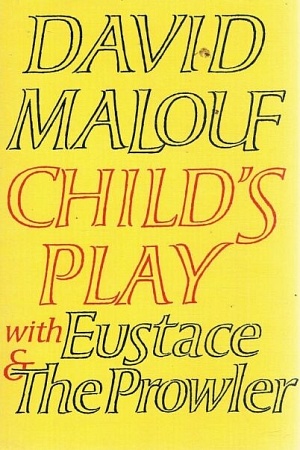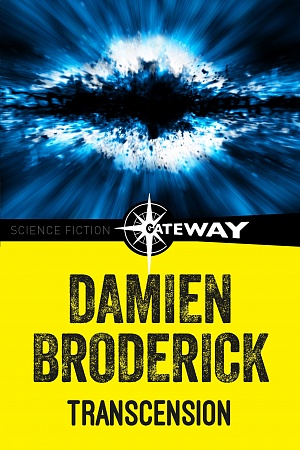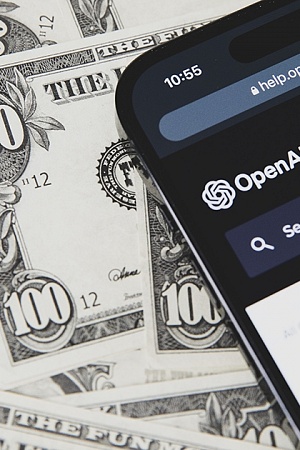The Fight for Privacy: Protecting dignity, identity and love in the digital age
Chatto & Windus, $35 pb, 320 pp
Privacy and power
Privacy crises come in waves, usually spurred by public panics over new technologies and their exploitation by those in power. In the 1890s, it was the evils of ‘instantaneous photography and newspaper enterprise’ that pushed Harvard jurists Samuel Warren and Louis Brandeis to famously advocate for a new common law (‘judge made’) right to privacy. In the mid-twentieth century, the availability of the contraceptive pill set the stage for the US Supreme Court’s declaration of a constitutional right to privacy in the (now threatened) decision of Griswold v Connecticut (1965). Similarly, fears about ‘King Kong’-sized government data centres ultimately led to the passing of the US Privacy Act 1974. In her latest book, The Fight for Privacy, Danielle Keats Citron, a professor of law at the University of Virginia, paints a vivid and compelling picture of privacy now under siege by online invaders. She argues convincingly for a new US civil right to ‘intimate privacy’, and sets out a precise and practical path towards achieving it.
A conceptual chameleon, privacy is notoriously difficult to define. Reams of paper have been used since the late nineteenth century to articulate and communicate its meaning: dignity, autonomy, property, secrecy, ‘the right to be let alone’. Citron’s definition of ‘intimate privacy’ is both encompassing and precise, descriptive and normative, identifying what we want and deserve as individuals. Intimate privacy, she writes, means the social norms – attitudes, expectations, and behaviours – that fortify the boundaries around our personal lives (bodies, minds, health, sex, sexuality, gender, and relationships). Its recognition and protection are essential to trusting and connecting with others; but also, and fundamentally – to how we see ourselves.
Citron drives this point home from the beginning of her book: invasions of intimate privacy can erode, disfigure, or obliterate our sense of self. Take Alex, a nurse, in her twenties, who discovered that her ex-partner had tweeted a video of her undressing (acquired from a ‘nanny cam’ he had hidden in her bedroom). From that moment, Alex became a naked body to future friends, colleagues, acquaintances who happened to google her. She became a video those in her inner circle would need to ‘look past’. And it had already ‘changed how she saw herself’.
Continue reading for only $10 per month. Subscribe and gain full access to Australian Book Review. Already a subscriber? Sign in. If you need assistance, feel free to contact us.











Leave a comment
If you are an ABR subscriber, you will need to sign in to post a comment.
If you have forgotten your sign in details, or if you receive an error message when trying to submit your comment, please email your comment (and the name of the article to which it relates) to ABR Comments. We will review your comment and, subject to approval, we will post it under your name.
Please note that all comments must be approved by ABR and comply with our Terms & Conditions.